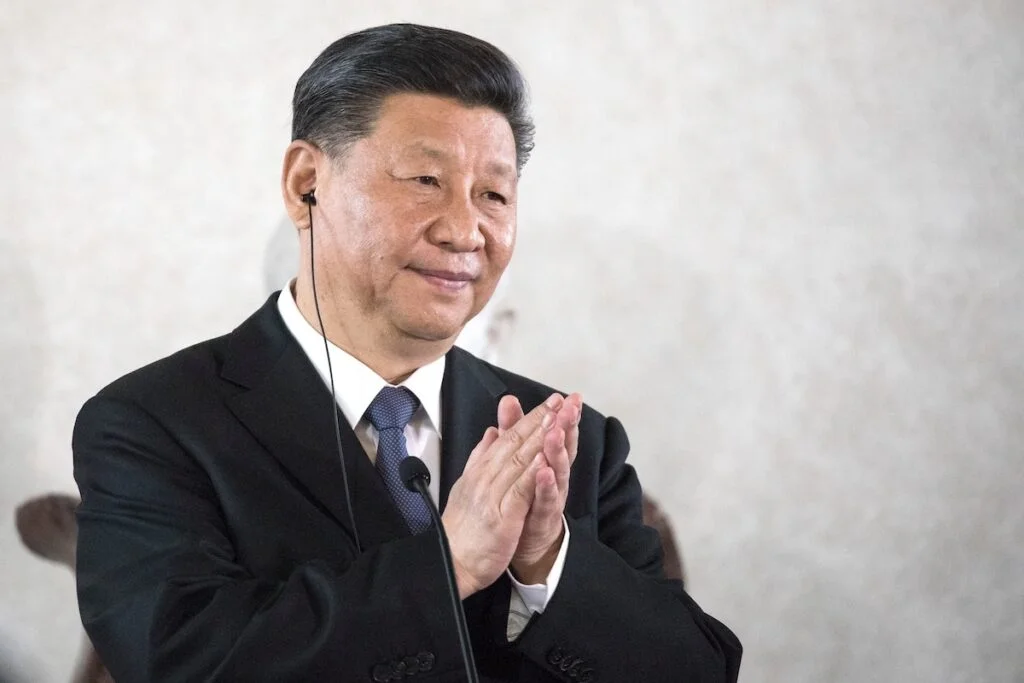Copyright trinidadexpress

The shutdown by the Trinidad and Tobago Aggregate Producers Alliance (TTAPA) might be seen as a boldfaced defiance of law and order: 24 illegal quarry operators protesting that they aren’t being allowed to continue their illegal activities. The TTAPA’s argument, however, is that their lawbreaking isn’t their fault. According to TTAPA president Nigel Tenia, they are forced to operate illegally because the Ministry of Energy and Energy Industries (MEEI) hasn’t issued any of the operators a licence to process sand and gravel. Line minister Dr Roodal Moonilal flatly denied this in a statement issued on Thursday, saying “numerous Processing Mineral Licences” had been granted in the past few years. Both claims can’t be true, so someone is playing with words. This dispute flared up three weeks after the Trinidad and Tobago Police Service shut down an illegal quarrying operation in the Manuel Congo community of Guanapo on October 9. The raid, which Police Commissioner Allister Guevarro said was the result of years of investigative work, led to 19 people being detained, including the director of a construction company. “This is a criminal enterprise engaged in illegal quarrying, mining, and operating an unlicensed processing plant,” Guevarro told the media, adding, “These operations also use gang affiliations to protect and monetise their efforts. Over the years, lives have been lost because of similar operations.” Police estimated that the illegal quarry generated at least $1 million a week; and that was just one such operation. None of this is new. One report from the State-owned National Quarries Ltd noted that during the first oil and construction boom from 1973 to 1979, the number of quarries increased from 75 to 180, with 60% operating illegally on State and private lands. In 2013, this newspaper published a series of investigative reports revealing corruption at the same National Quarries. In August 2023, Deputy Commissioner of Police Curt Simon warned that -illegal quarrying was closely tied to criminality, including murders. So, nothing much seems to have changed since quarrying became big business over 50 years ago. According to the 2024 report of the Trinidad and Tobago Extractive Industries Transparency Initiative, “The mining/quarrying is faced with many challenges from outstanding royalties due by operators, to illegal quarrying leading to environmental damage.” The report says the MEEI had taken steps to use drone technology to monitor illegal activity, and also held consultations about licensing and permits. Clearly, none of this has borne fruit. Most astonishingly, the report revealed that the Government had only last year begun an exercise to identify whether the State owns the mineral rights to all quarry sites in T&T. The Review of the Economy 2024 notes mining and quarrying accounts for 11% of T&T’s GDP, making this the third-largest sector after trade and repairs (23%) and manufacturing, including petrochemicals (21%). Illegal quarrying is too fiscally important to remain unchallenged. However, the inaction by officials suggests that too many well-placed people have aggregate in the sun to take decisive -action.



